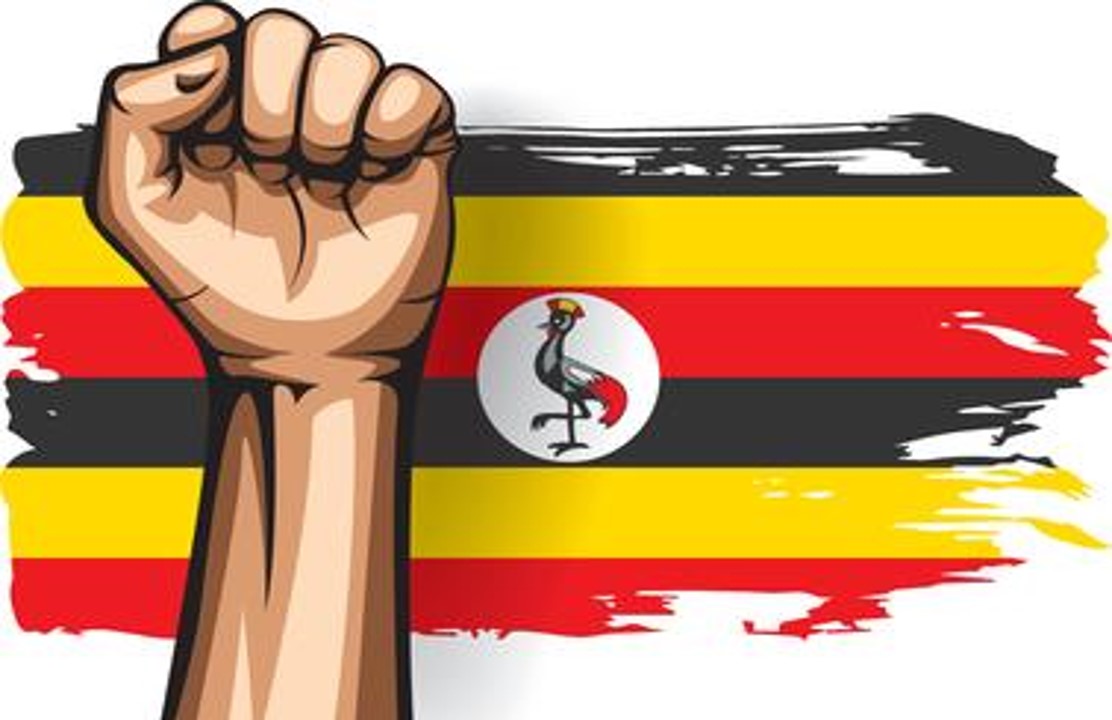Lulu had joined a Diploma in Education course at Kyambogo Teachers College, which he didn’t like. So, when the opportunity came and he heard the government of Japan was availing scholarships to study engineering he applied. He found his application needed to first be vetted and supported by his home district. However, when he presented his papers to the Chief Administrative Officer (CAO), Embatta, a man who had seen him grow up, there was opposition.
“But we are expecting you to come back as a teacher!” Embatta protested. “Let those who are able to become engineers!” Lulu felt insulted; was it that the CAO didn’t think of him as engineering material! He started courting the support of councilors, but most who had seen him grow up and dropped out of school early were not enthused. “Why is that boy so ambitious,” so they queried. “I know he wants to go out and come back with big titles and boss over us.”
As a last-ditch effort, Lulu decided to appeal to a local white priest, Father Lourdel who had paid his school fees and of many district leaders. Father Lourdel was very excited. “We already have enough teachers,” he mused in the local language which he was fluent. “What we need here are engineers to fix roads and help improve the transportation of goods from the fields to the market. This will make our district prosper.”
Father Lourdel took up the matter to the CAO and because he had educated him too, he finally yielded. “After completing your studies make sure you return and bless us with your skills,” Father Lourdel prayed with a sign of the cross for Lulu before he jetted out for a four-year degree course. Lulu promised to do so.
True to his word, upon completing his degree course, Lulu returned to the country as a civil engineer. Immediately, he reported back to his district and applied to become a District Engineer. But the CAO kept throwing him off that there was no money for this job, even as he pleaded that it would be good for the district to have a homeboy as District Engineer. Discouraged, he turned to the central government which hired him. But he didn’t last there; he soon quit to join a French-owned company, Bozac. The country had a huge infrastructure development programme and it was Bozac doing most of the road construction. It was often said there were no local companies that could do such jobs.
For Lulu, the major reason in joining Bozac was pay, as he could hardly make ends meet from his government salary. Bozac, on the other hand tripled his central government salary. But as he would soon find out, it was not for nothing.
After the European owners of Bozac would snap up huge multibillion-dollar contract jobs, they would get back to their capitals, having spent a few days patronizing the five-star hotels. Locals like Lulu were left to sweat it out. He was always in the field, supervising construction. Sometimes, having spent much of the day out in the sun, he would drive across the country back to the capital to meet with his bosses in their rented air-conditioned offices. They would quiz and harass him, threatening not to renew his contract for whatever was amiss. Disgusted, Lulu started thinking of starting his own firm.
“It is our country,” he talked to fellow engineers. “Yet there are the ones getting the best deals. Can’t we start our own local firms, bid and get these jobs. “Try your luck,” Lulu was rebuffed to those he appealed.
Now back in school, Father Lourdel had always preached that to succeed in life one had to persevere. Recalling that, Lulu decided to quit Bozac and start his own engineering firm. However, whenever he did bid for major road construction jobs, rejection slips would quickly come his way, noting “lack of experience and capital.” Lulu was hurt that it was mainly his local people who were rejecting his company, and who were not willing to give him a chance.
“We have the expertise but our own people want us to be permanent slaves,” Lulu would be agitated each time he would face rejection. “All these conditions they create against us are to discourage the emergence of home-grown companies.” One day Lulu noticed a tender to build a bridge in his home district. Lulu applied proudly specifying in his application that he was a homeboy well-known to the district leadership.
This time there was a new CAO. Although Nkejje had gone to school with Lulu he presented Lulu’s tender papers with lukewarm support. “This Lulu we know,” he told members of the tender committee. “Can he do a big job like this!”
Lulu was invited to come and share a presentation along with another company that had a European name, Quimax. He arrived on time, quickly presenting his prior job contracts and going even further to share designs. After he was done, a man Lulu seemed to recall having met once asked, “we hear you never reached Japan but bought that engineering degree of yours from a Japanese supermarket as you were just doing kyeyo jobs.”
“I take exception to that line of questioning!” Lulu picked his papers, stood up, and stormed off. Quimax had sent a white manager with a black officer who came carrying bags. The white manager let him make the presentations. After they were done the tender committee immediately awarded the job to Quimax. “These people from outside know how to do these jobs,” the tender committee reasoned against Lulu’s bid. They have a muzungu on the team.”
Upon securing the job, Quimax demanded to receive half of the sum as an advance to start works. The district quickly wired off the monies. But after over six months there was hardly anything on the ground. After writing many letters Quimax sent a few trucks and bulldozers that commenced works. But what eventually came of their efforts was some shoddy structures, far from the original presentation. In the meantime, everyone noted the muzungu had never shown up in the district again. It was rumored he had taken much of the money back to Europe and was sending a pittance back.
The bridge constructed was so poorly done that due to local complaints the Inspector General got involved. When a technical team was set to review the works, it recommended the job be retendered. Lulu did bid again and this time with a more technical committee formed of senior officials he won. Indeed, he was able to do the job at half the cost of what Quimax had quoted.
On the day of opening the new bridge, Lulu was given a few minutes to speak. Dressed in a rare black suit, he decided to use the opportunity to vent something that had long bothered him. “All you people here know me well as I grew up among you. But I fail to understand why you never support your own or wish them well. If it were not for Father Lourdel who educated most of us here, none of you was willing to support me.”
He paused, as guests nervously shifted in their seats. “When I first asked to do this job you questioned my education. But did you enquire into the muzungu’s education? I want to help us develop but until we people here learn to love ourselves and our nation, with each other well, have pride in ourselves, as I saw back in Japan, tell you what, we have a long way to go!
Lulu walked back to his seat. He loosened his tight collar and gulped down water from a mineral water bottle. Then he looked at the bridge he had just erected for his district. It filled him with pride.




